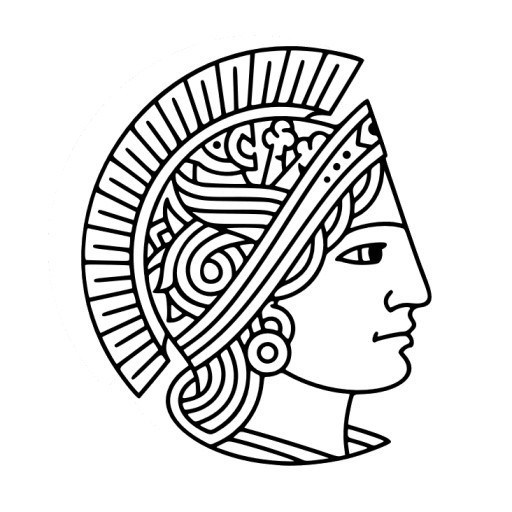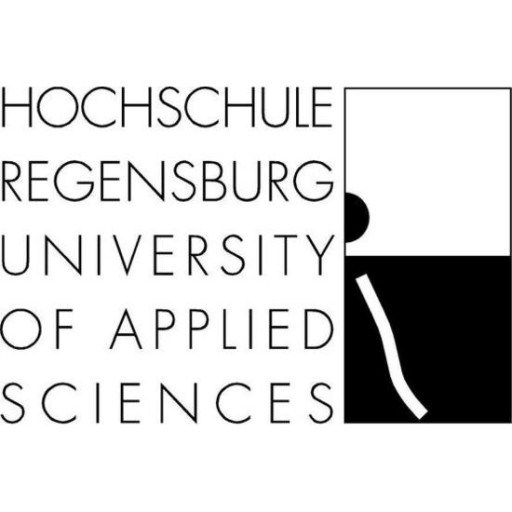Photos of university / #uni_bremen
The Master’s program in Control, Microsystems, Microelectronics (CMM) at the University of Bremen offers an interdisciplinary and research-oriented education designed to prepare students for a wide range of challenges in modern electronics and automation technology. This program integrates fundamental knowledge in control engineering, microfabrication, electronics, and embedded systems, enabling graduates to develop innovative solutions for complex technical problems across various industries. Throughout the course of study, students gain a comprehensive understanding of the principles of control systems, micro and nanoscale fabrication techniques, and the design and analysis of electronic circuits and systems. The curriculum emphasizes practical skills as well as theoretical foundations, involving laboratory work, project-based learning, and collaborations with leading research institutions and industry partners. Students are encouraged to develop their own research projects, contributing to advancements in areas such as sensor development, robotics, integrated circuits, and automation technologies. The program offers specialization opportunities in areas like embedded control systems, microsystem technology, and microelectronics design, allowing students to tailor their education to their career aspirations. The university's state-of-the-art laboratories and research centers provide an ideal environment for hands-on experimentation and innovation. Graduates of the CMM program are well-equipped to pursue careers in high-tech industry, research institutions, or to further their academic pursuits with doctoral studies. The program is characterized by its international orientation, with numerous opportunities for student exchange and collaborative projects with global partners. Students benefit from experienced faculty members with extensive research expertise, and the program’s curriculum is regularly updated to include the latest technological advancements. Overall, the Control, Microsystems, Microelectronics Master’s program at the University of Bremen combines rigorous academic training with practical application, fostering skilled engineers capable of driving technological progress in control systems, microfabrication, and electronics.
Educational organisation
The programme is structured as three semesters of lectures, exercises, seminars, and laboratory courses, comprising fixed modules and additional elective courses, and a Master's thesis in the fourth semester. Five cooperating institutes are responsible for the organisation of the programme:- Institute of Automation (IAT)
- Institute for Electrical Drives, Power Electronics and Devices (IALB)
- Institute for Microsensors, Actuators and Systems (IMSAS)
- Institute for Telecommunications and High-Frequency Techniques (ITH)
- Institute for Electromagnetic Theory and Microelectronics (ITEM)
Study abroad unit(s)
Not explicitly definedInternships
Internships as such are not a part of the curriculum, but the project and the Master's thesis can be performed in industry research projects.Forms of assessment
Oral and written exams, seminar presentationsProject: report and presentation
Master's thesis: report and presentation
Course objectives
Engineers in information and automation engineering are needed in a wide range of fields including industrial and non-industrial research, planning, development, implementation, production, distribution, and maintenance of all types of information and automation systems.The goal of the course is to acquire a broad understanding and knowledge in the field of Information and Automation: e.g. robotics, control theory, process automation, real time software, micro systems as well as an introduction to non-technical subjects dealing with economics and legal and social issues.
Language requirements
Certificate of adequate language proficiency (e.g., TOEFL with at least 550 points [or 213 points for CBT])(A Bachelor's degree taught in English can be accepted, but a language certificate is advisable.)
Academic requirements
Degree (four years of Bachelor of Science or Engineering, German FH-Diplom) in electrical engineering or a closely related field, awarded by an internationally recognised university-level institutionAbove-average results in undergraduate studies
Industrial experience is welcome but not a prerequisite.









